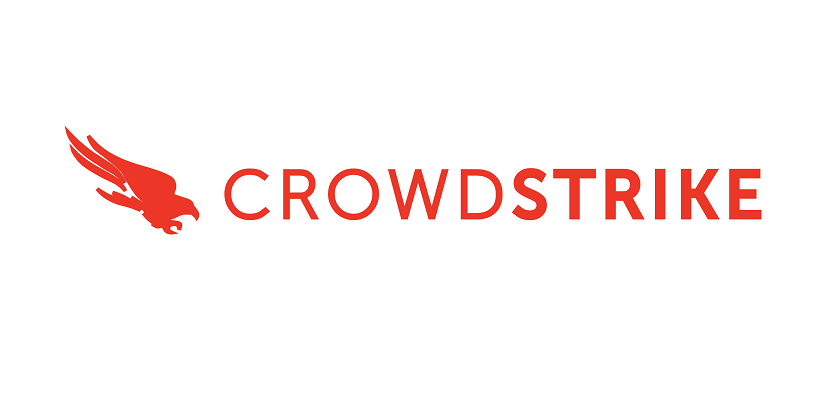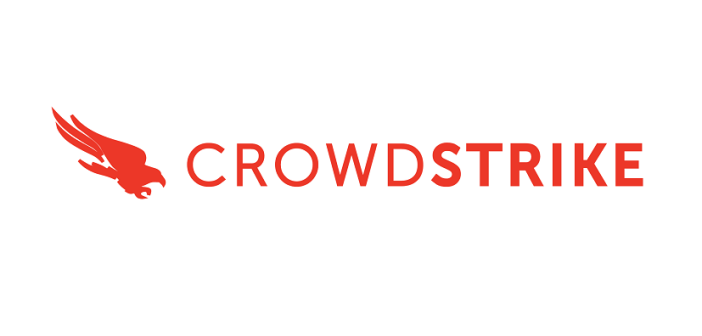
Key findings in this report point to the escalating activities of nation-state actors and global eCrime actors across all targeted industries, and offer lessons learned from real-life intrusions.
In today’s ever-evolving cyber landscape, speed is essential for effective cyber defense. This ranking offers organisations unprecedented insight into how fast they need to be at detecting, investigating and remediating intrusions (also known as the 1-10-60 rule) to thwart adversaries they are most likely to face targeting their networks.
Based on more than 30,000 breach attempts stopped in 2018:
- Russian nation-state actors, tracked as “Bears,” are the fastest adversaries with an average breakout time of 18:49 minutes.
- North Korean nation-state actors, tracked as “Chollimas,” are the second fastest with an average breakout time of 2:20:14 hours.
- Chinese nation-state actors, or “Pandas,” average 4:00:26 hours.
- Iranian nation-state actors, or “Kittens,” average 5:09:04 hours.
- eCrime actors, or “Spiders,” have the slowest average breakout time of all adversaries: 9:42:23 hours, although some of the eCrime actors can move very rapidly and rival even the fastest nation-states.
Notable Highlights of the Global Threat Report:
- One of the most significant trends in eCrime for 2018 was the continued rise of “Big Game Hunting,” the practice of combining targeted, intrusion-style tactics for the deployment of ransomware across large organisations.
- Another trend identified was the increased collaboration between highly sophisticated eCrime threat actors. The use of geo-targeting to support multiple eCrime families was observed through a variety of tactics.
- The industries at the top of the target list for malware-free intrusions include media, technology and academia, highlighting the need to aggressively strengthen their defenses against more sophisticated, modern attacks.
- Several targeted intrusion campaigns by China, Iran and Russia, focused on the telecommunications sector and likely supporting state-sponsored espionage activities. Subsequent lures to drive more effective social engineering campaigns resulted in compromising telecom customers, including government entities.
- Increasing operational tempo from China-based adversaries, which is only likely to accelerate as US-China relations continue to be strained.
Download the 2019 CrowdStrike Global Threat Report: Adversary Tradecraft and The Importance of Speed.





